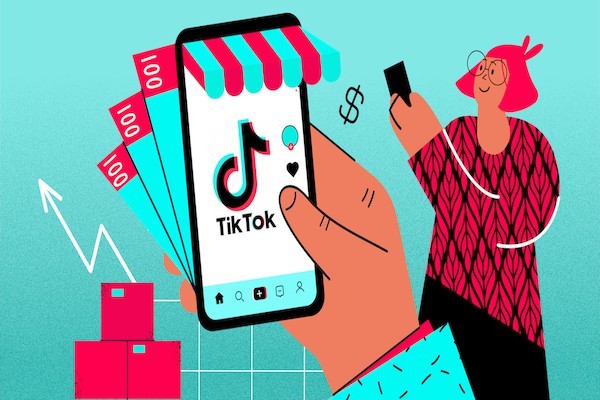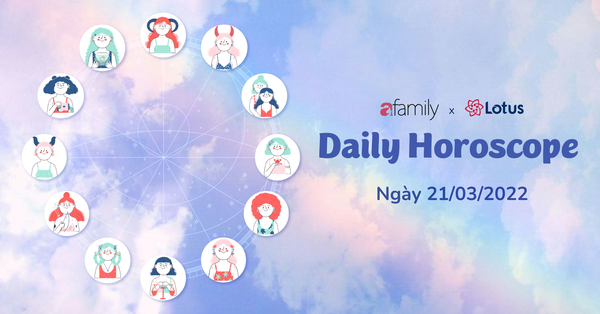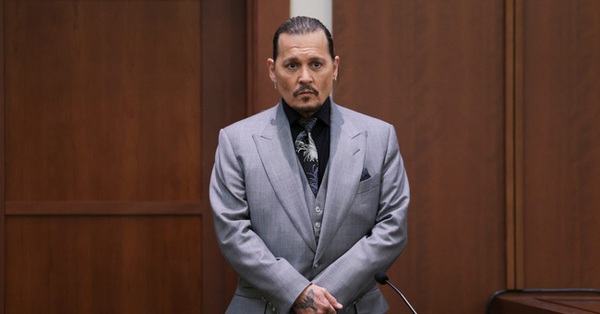How has a culture of leadership rotation helped TikTok dominate the Internet?
TikTok isn’t the first Chinese consumer platform to gain world recognition. But this company possesses a culture that can surprise many people – when it comes to constantly changing senior leadership positions.

Normally, the constant change of leadership indicates that a company is having operational problems. However, within 5 years, this application is becoming a storm sweeping the Internet without showing any signs of weakening. As of March 2022, TikTok attracts nearly 1.2 billion monthly regular users (MAUs). Meanwhile, Instagram after 10 years belongs to Facebook, is still behind with 1 billion MAU.
When the international version is more “popular” than the original
After each champion change, TikTok evolves rapidly to keep up with the global competition for a popular product.
Although the official headquarters of the platform is located in Los Angeles, the company’s employees often joke that they themselves do not know where the “heart” of the company is. Like other multinational companies, TikTok operates on a spoke-hub model, with leaders in charge of operations in specific geographical areas, with support of thousands of employees at ByteDance’s offices in Shanghai and Beijing, as well as the team in Singapore.
When TikTok launched in 2017, it was considered an international version of Douyin (the domestic name of the video app in the country). At that time, Ren Lifeng, who had an important role in developing the platform from the beginning, was in charge of Douyin’s operations, being assigned to also take on TikTok.
At this point, TikTok is built similarly to Douyin. Both platforms share the same team of algorithm design, user growth, and R&D. TikTok also employs Douyin’s strategies of using content containing captivating music and dance sequences to reach a wide audience.
“Douyin has a wide range of available tracks, as well as better effects and filters, making it extremely powerful compared to foreign competitors,” said a company regional manager.
In October 2018, Musical.ly, a similar short video app with 6 million daily users in the US, was acquired by ByteDance and merged with TikTok. The new version of TikTok is managed by Kelly Zhang, who is the CEO of ByteDance China.
With this deal, TikTok has taken advantage of Musical.ly’s attractive user interface, including swipe gestures to quickly and smoothly transition content with recommendation algorithms in the background due to ByteDance grows.
Not to mention, the Douyin operation team has accumulated considerable experience in building a user community. All of these factors have made TikTok the giant platform it is today, making short videos an element of mainstream consumer culture.
According to LatePost, a member of the TikTok product team once said that Kelly Zhang spends most of her time in Los Angeles and often visits Japan and India to learn about user research in these markets. By the end of 2019, TikTok had 500 million MAU, an increase of 1,000% compared to the previous 2 years and was Facebook’s largest advertising client.
Always adapt to the changing of the situation
As more and more people downloaded the TikTok app, and Facebook began to see the Chinese platform as a major threat to Instagram, the app had to develop a Reels feature to compete. Not only that, the Trump administration considers ByteDance’s acquisition of Musical.ly from a national security perspective and threatens to stop the company’s operations in the US.
Once again, TikTok has evolved to adapt to new circumstances. Kelly Zhang and the Douyin team withdrew from the app. The empire was placed in the hands of Alex Zhu, the founder of Musical.ly and a brilliant product manager.
Deeming himself just a “temporary CEO”, Zhu stands out for his long hair, passion for ancient Chinese poetry, likes to sing Peking opera, and exudes a pompous demeanor. Together with ByteDance founder Zhang Yiming, Zhu began recruiting for key positions at TikTok overseas. He also became the Senior Vice President of ByteDance, in charge of public relations and government of TikTok.
This time, the task of Alex Zhy and Zhang Yiming is to find a captain for TikTok who can cope well with the business and political environment in the US, and is able to speak to the American public. Kevin Mayer, former president of international direct-to-consumer at Walt Disney, is a character who meets the above criteria.
Mayer has been appointed Global Chief Operating Officer (COO) of ByteDance. He was assigned to manage the music and games departments as well as the overseas development coordination, sales, marketing, public relations, security and legal affairs. One ByteDance employee once remarked that this leader “never misses a single detail in the profit and expense announcements”.
However, Mayer’s reign lasted only 3 months, possibly due to immense pressure from the Trump administration now. Following Mayer’s resignation, Vanessa Pappas, YouTube’s former Director of Global Audience Development, who previously joined TikTok US, became interim CEO.
Next, Shou Zi Chew, former Chief Financial Officer (CFO) of Xiaomi International, was assigned the “seal”. Chew has been involved with ByteDance since the company’s early days, when Zhang Yiming’s team was still working in an apartment in Beijing. Chew is also one of the investors contacted to buy shares from the beginning and facilitate DST’s investment in ByteDance.
Lei Jun, co-founder of Xiaomi once described Chew as a “superpower to the point of winning”. Before Xiaomi’s IPO in Hong Kong in 2018, Chew created an excel sheet containing the information of every investor he met, about 1,500 rows.
Of the six captains who have led TikTok, Shou Zi Chew is the one with the least experience in product operations and R&D. Chew usually pays little attention to the details of the platform. Under the leadership of the former Xiaomi CFO, most of TikTok’s regional director positions are filled by local experts. Although it is a huge platform, there is still room for TikTok to develop globally. In 2022, TikTok expects 6 billion USD, equivalent to 50% of advertising revenue to come from the US market. Meanwhile, Japan is expected to only about 2%. In many other markets, the company is just starting to offer advertising and e-commerce services.
at Blogtuan.info – Source: Kenh14.Vn – Read the original article here



